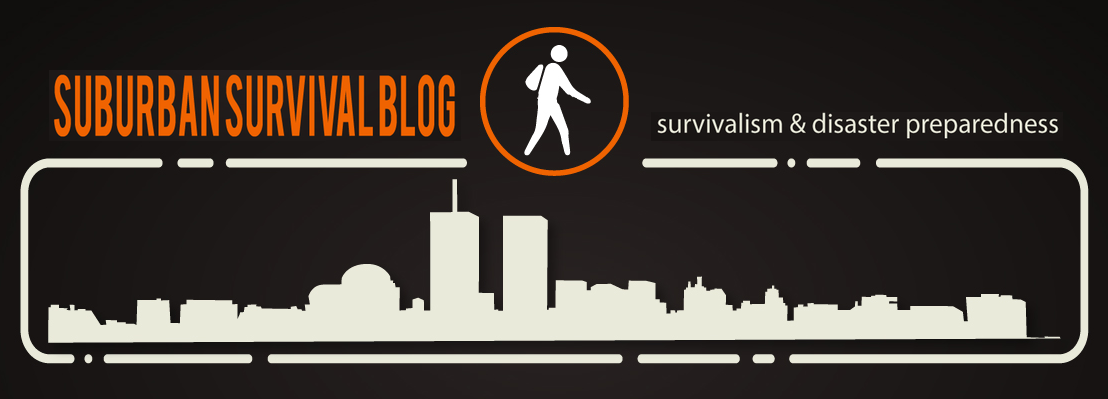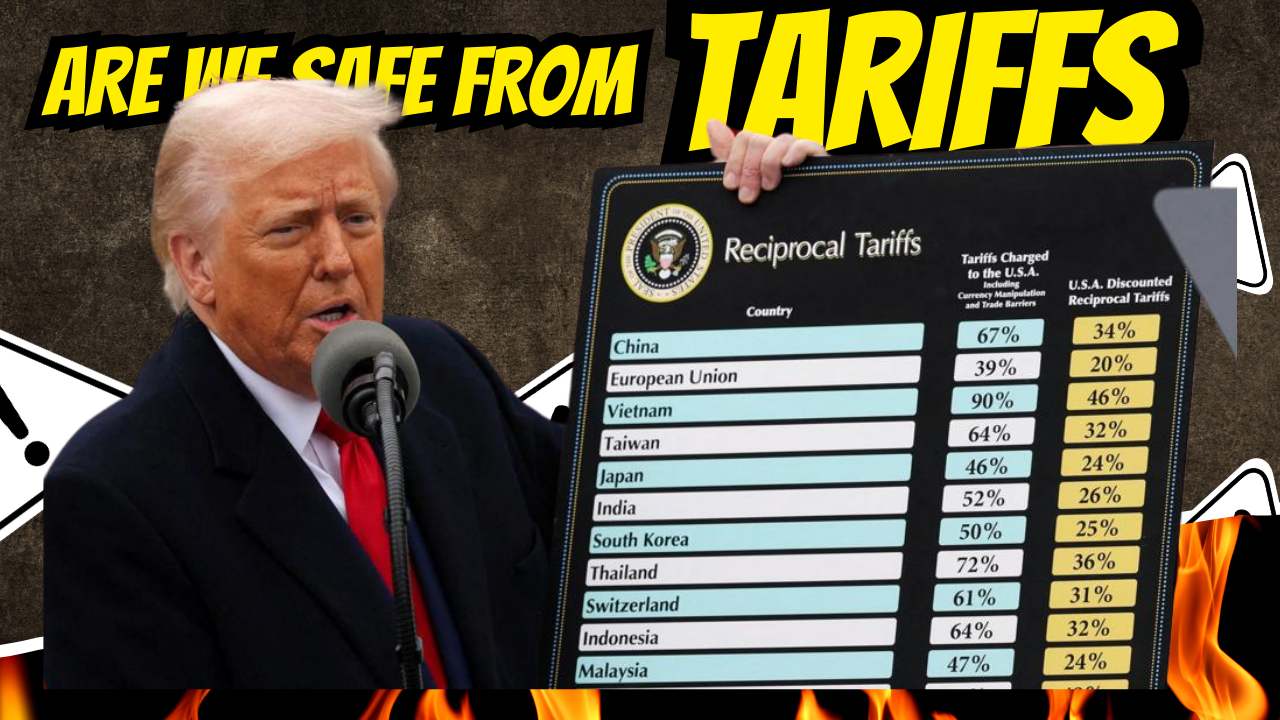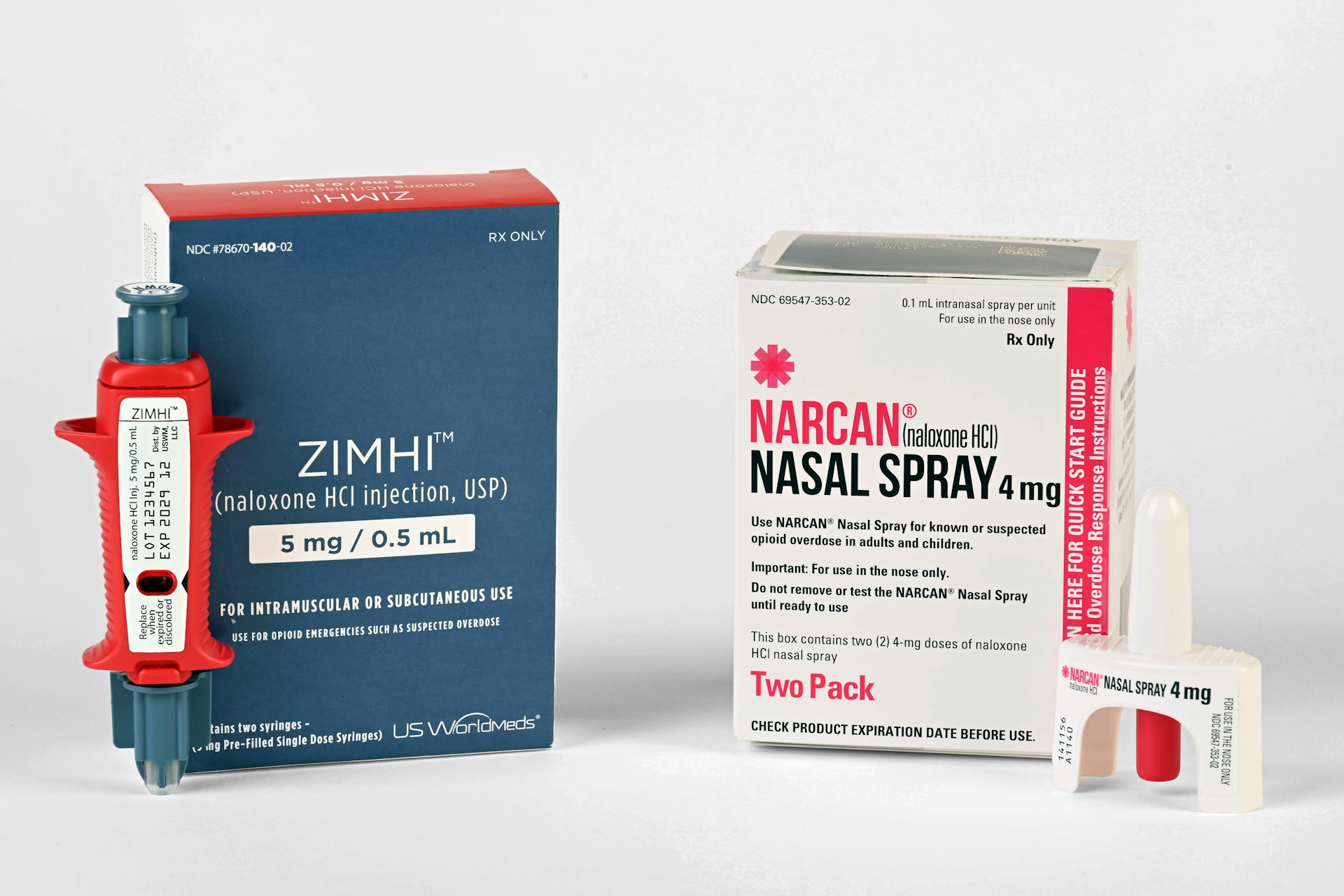
Even without TEOTWAWKI we are all hurting in the wallet these days. And the prognosis isn’t looking good for some time to come (at best).
All forms of personal financial media are filled with articles and advise about how it is soooooooo important to pay down your debt. It is a worn out mantra.
Worn out or not, I 100% agree with the concept. Especially high credit card and other revolving credit line debt. And even with today’s low mortgage rates owing your property outright is definitely not a bad thing!
Can’t argue against it.
But there is also a reality check that has to be considered.
Paying down debt at the exclusion of all other discretionary financial activities may not be the best approach in all cases. That is, putting every last spare dime to paying debt precludes alternatives such as making investment deposits, funding a spare cash/emergency cash account, protections such as insurance etc.
Financial planners and number crunchers are quick to offer up mathematical models they claim show the “return” on paying debt is better than most investments. This is based on the paradigm that paying off debt is the best “investment” you can make.
And it is a false paradigm.
Repaying debt is not an “investment”. Nor is it a “savings”.
Don’t jump all over me. It has already been stated in the article that repaying debt is not a bad thing.
But there is no “return” on repaying debt. Not in a practical, spendable sense. If you have a credit card at 10% interest you are not getting a 10% “return” on your money when you pay it off. Nor are you “saving” 10%. At best you are reducing your future anticipated interest payments (as well as reducing your overall indebtedness). While this does improve your cash flow it is not yet cash in your pocket until the future comes, you have the cash in hand to make the former debt payment and you don’t have to make a payment (or at least as large a payment as you otherwise would have).
A “return” implies you are receiving something of value back for what you have paid in that can be used to purchase some other product, service or investment. While reducing your indebtedness is certainly a good thing it has no spendable value. You can’t take a handful of non-indebtedness or reduced debt to the store to buy groceries. The only way to get spendable value out of debt reduction is to draw back again on your credit thereby adding back to your debt! Catch-22.
Neither is paying down debt a “savings”. You already planned to spend the money to repay the debt (presumably). If the debt is reduced or eliminated that money may be freed up to spend on something else but it is not new-found/earn money. One way or another it would have been there anyway. How you spend it – repaying debt, making purchases, investing, etc – is irrelevant. The total does not change.
Once again please make no mistake, I am not advocating against repayment of debt or becoming debt-free. Simply the single-mindedness of debt reduction has to be tempered with the realities of life.
Even if it does take longer and cost a bit more to extend debt repayment there are very practical real-world reasons for choosing not to plow everything in your pocket into debt reduction. Clearly this is open to much adjustment based on each persons’ individual needs and situation. Definitely not a one-size-fits-all approach.
But neither is blind obedience to debt reduction.
———-
Don’t forget to enter our contest in conjunction with Ineed2Prepare.com contest for a months’ supply of emergency food: Click Here to learn more…









You make an interesting point in your article. I’d agree that blanket statements are generally not a good idea. There may indeed be circumstances where it doesn’t make sense to pay off debt before preparing. But that’s the exception rather than the rule.
I caution people against debt. Not only does it stifle future preparation efforts, but it could have some significant concerns post TEOTWAWKI. For example, the bank may come calling for the amount due on that nice shiny survival vehicle you bought.
Joe
As long as no “emergency” laws or decorations are made banks can’t call a loan unless its already written into the contract.
I partially agree with this approach to debt. I could argue that mathematically, a risk-adjusted net present value is the most appropriate way to evaluate to competing financial propositions. However, evaluating the risk of holding debt and the variable return on any investment is mathematically tricky. In general, debt makes you more susceptible to low probability, high impact events (SHTF) than not having debt, so it must be treated like a poisonous snake.
I think a sensible and practical approach to debt is possible. This is not original:
1) Have 30 days of food, water and other supplies in your house.
2) Have > six months of expenses sitting in cash, in the bank as an emergency fund. Have some gold and silver as a hedge against inflation.
3) Be investing the minimum amount in your 401(k) to get the matching.
4) Aggressively pay off your non-house debt with every spare dollar using the snow-ball method or paying off the highest interest rate debt first.
5) Extend your preps to 60 days, then 90 days and then six months if you can.
6) Save enough cash to cover your home mortgage.
7) If they end the mortgage tax deduction, pay down your house debt ASAP!
This is my approach. I have no debt other than my house. When I buy a car, we will pay cash, not go into debt. Yes, my wife and I are lucky to make good money with the ability to save and have money to prep. If I did not have the money to prep and not go into debt, I would not do it.
I think the point of the article is to say that you should spend every last spare dime on paying debt even if it costs more in the longer run. You’re going to need something in reserve for life’s events anyway with or without an SHTF event.
Oops…meant should not spend every spare dime.